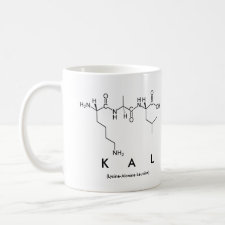
Authors: Piletsky SA, Piletska EV, Chen BN, Karim K, Weston D, Barrett G, Lowe P, Turner APF
Article Title: Chemical grafting of molecularly imprinted homopolymers to the surface of microplates. Application of artificial adrenergic receptor in enzyme-linked assay for b-agonists determination.
Publication date: 2000
Journal: Analytical Chemistry
Volume: 72
Issue: (18)
Page numbers: 4381-4385.
DOI: 10.1021/ac0002184
Abstract: A technique for coating of microplate wells with a molecularly imprinted polymer (MTP), specific for epinephrine, is presented. 3-Aminophenylboronic acid was polymerized in the presence of epinephrine using oxidation of the monomer by ammonium persulfate. This process resulted in the grafting of a thin polymer layer onto the polystyrene surface of the microplates. The polymer affinity was determined by an enzyme- linked assay using a conjugate of horseradish peroxidase and norepinephrine (HRP-N). It was found that imprinting resulted in increased affinity of the polymer toward HRP-N and epinephrine. Influence of the buffer pH and concentration on the polymer affinity was analyzed. It was shown that the MIP- coated microplates could be used for assay development and drug screening. The high stability of the polymers and good reproducibility of the measurements make MIP coating an attractive alternative to traditional antibodies or receptors, used in ELISA



Join the Society for Molecular Imprinting

New items RSS feed
Sign-up for e-mail updates:
Choose between receiving an occasional newsletter or more frequent e-mail alerts.
Click here to go to the sign-up page.
Is your name elemental or peptidic? Enter your name and find out by clicking either of the buttons below!
Other products you may like:
 MIPdatabase
MIPdatabase









